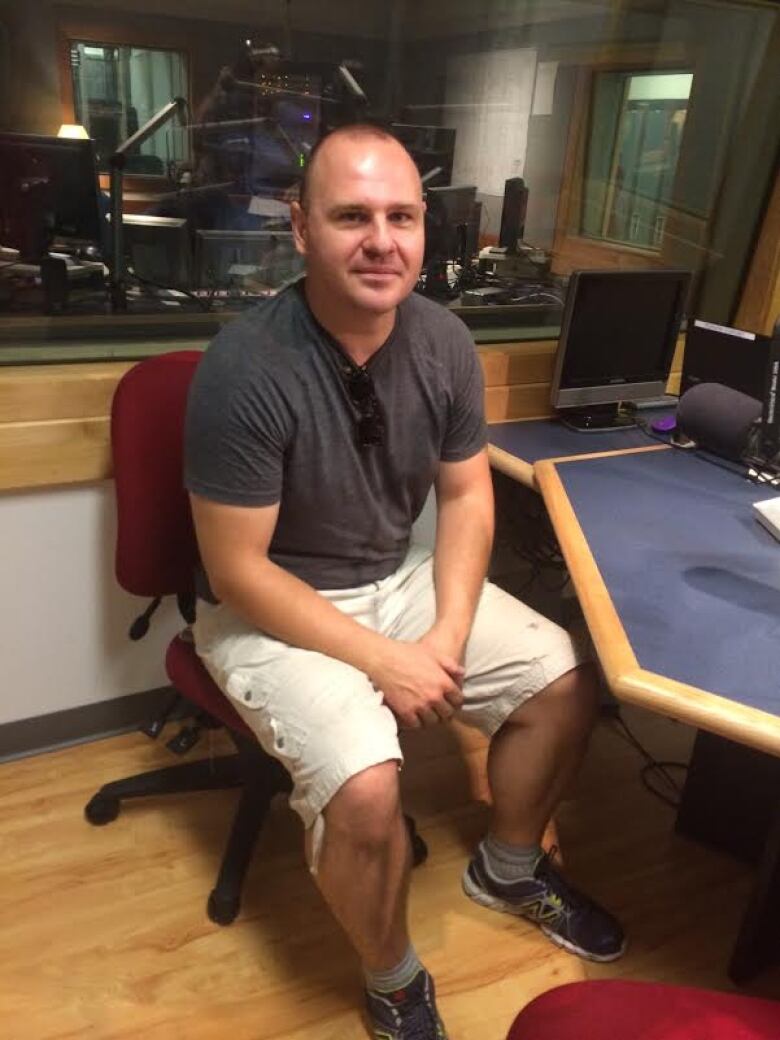Ebola patients get help from Windsor doctor in Africa
A Windsor doctor who has been treating Ebola patients in Sierra Leone says more resources and education are needed to stop the spread of the killer disease.
- Dr. Kent Brantly, Nancy Writebol leave hospital after Ebola recovery
- Ebola crisis: Liberia police fire on protesters as death toll hits 1,350
- Ebola outbreak demands 'action in the field,' MSF's Joanne Liu warns
Dr. Tim Jagatic, who works with Doctors Without Borders, recently returned from caring for patients exposed to Ebola in Sierra Leone.
"The positive spin behind this is that we're doing what I consider to be the bare minimum ... but the minimum that we're doing is having a very positive effect," he said.
He says going to countries that are dealing with the outbreak means having to be accepting of the fact there is a limit to how much help they can offer and have to prepare for the high mortality rates.
"We're trying to learn, day in and day out, what was it about this particular patient, why couldn't they make it, what were the complications that we were having and is there something that we can do to prevent these and potentially lower the mortality rate further," Jagatic said.
He said the spread of the disease could be prevented through education.
Jagatic said although the disease has been around for 40 years, it has mostly popped up in isolated areas where doctors were able to treat and contain it.
"Now it's spreading simply because the propagation factor is the cultural practices," said Jagatic. "A human body is most contagious right at the time of death and it just so happens that during funeral practices people have a lot of contact with the bodies so they're self-inoculating themselves with the highest viral doses that exist."
Jagatic says the practice also plays a role in the prognosis of each patient, those with lower viral doses are more likely to recover.
"So when people are going to a funeral and they're hugging, kissing, touching these bodies and then they're just putting the virus into themselves at these high doses, that's why we're seeing such high levels of infection right now."
Jagatic says educating people about how Ebola spreads could make a different in the rate of infection.
"Now is really the time to get more of the resources focused in that area, and, luckily for us, a lot of these things are low-cost resources, which means there's a lot of education that has to be done, a lot of outreach in terms of actual physical intervention," he said.
Jagatic said teaching people how to wash and keeping a higher level oh hygiene is also important.
Barriers keep the sick isolated

"There is a certain level of fear associated with it ... a certain level of ... mental isolation, but the thing is because this virus isn't overly contagious we have six feet of a protective barrier," he said.
He said this makes it easier for family members because they can see each other and speak face-to-face.
Building a relationship with patients makes it easier for them.
"When we go into the isolation unit in our full gear, it may be difficult for them to recognize us, but when we're not in there we try to talk to them so that they see who we are outside...and they're able to have an idea when we're in the isolation unit who they're talking to."













_(720p).jpg)


 OFFICIAL HD MUSIC VIDEO.jpg)
.jpg)



























































































